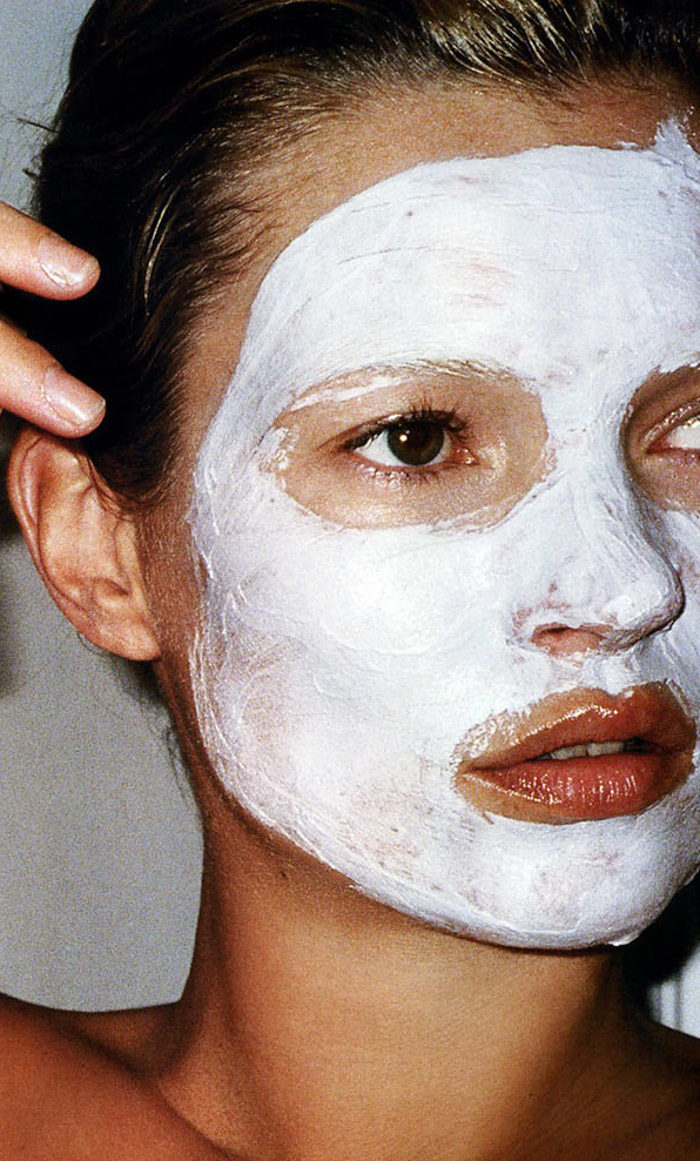
The first time I got serious about skin care was in the year leading up to our wedding. A sudden surge of magazine reading about bridal boot camps and photo-ready faces prompting me to take a closer look at my habits—and they weren’t very good.
I spent much of high school rowing without giving sunscreen a second thought. And it wasn’t too long ago that Aron and I were digging ourselves beach chairs out of sand in efforts to get tan on a vacation. (I shudder.)
Since then, I’ve accumulated some tips and products here and there—sunscreens, cleaners, antioxidants, retinoids—but still I’m always wondering: am I doing it right? I figured I can’t be the only one.
So I asked my friend’s husband, Dr. Jonathan Okman, who is a resident in Dermatology at UC Davis, if he would lend some clarity. Here’s the scoop…
Don’t over-wash your skin.
“A mild, soap-free cleanser is all most people really need.” He explained that most of us over-wash our faces—using excessive soap or doing too much scrubbing, stripping the skin of oils and causing it to be dry and itchy. “Be gentle. Too much washing is likely to lead to irritation.”
And most skin is fine with one cleansing at night. However, this might be a matter of personal preference.
Expensive doesn’t mean better.
Some of the best face washes are the least expensive: Cetaphil is one of the oldest, most reliable brands. [Editor’s note: this is my favorite.] Look for something frangrance free that won’t irritate your eyes. CeraVe and Vanicream also make an excellent ones.
Apply sunscreen every day, liberally and frequently.
This means every morning and every afternoon—more often if you’re swimming or exercising. Look for a zinc-based (mineral) or broad-spectrum (chemical) sunscreen with a sun protection factor (SPF) of at least 30, and apply it directly against your skin.
SPF ratings can be misleading
An SPF of 30 means 97-98% of UV exposure is blocked. But studies have shown that the quantity most people apply would be more like an SPF of 5. Going to a higher number won’t make much of a difference in terms of protection.
“An average sized person should use a shot glass—about two ounces—of sunscreen for total body coverage. And sprays are generally too diffuse to be effective. Furthermore, most studies suggest that claims of water-resistance don’t hold up in real-life situations.”
Instead, look for products that make reapplication easy: Some people are having good results with the powder-based sunscreens. And lots of cosmetics now have SPF added. Both can help make the reapplication process less disruptive if you wear makeup.
Zinc Oxide isn’t only for surfers
Sunscreens with 4-5% zinc oxide do a great job of providing a physical barrier against UV exposure. They’re also very safe—zinc oxide has long been used as a food dye. And it doesn’t have to turn you white: “nanonized zinc oxides tend to be more expensive, but a lot of people prefer them because they blend in so well. However, some people are concerned about nanonized zinc oxide because it has been found in hair follicles, though no studies have ever shown toxicity or carcinogenesis.” Or, if appearance is a concern, a broad-spectrum sunscreen—like Neutrogena Helioplex—can virtually disappear.”
“Elta MD is a wonderful one, but a good sunscreen doesn’t have to cost a lot.” [Editor’s note: some of my favorite sunscreens.]
Don’t forget to moisturize
Using a moisturizer every night is a great habit—especially for your hands and face, and really will make a difference. But as for the idea of “locking in moisture” while your skin is wet? “Studies have yielded mixed results.”
More important is to stay away from the watery stuff in pumps and “look for clean products without irritants. Vanicream and CeraVe both make very good, fairly inexpensive products. CeraVe makes an AM version with SPF and a PM version without.”
If “youthful skin” is the goal, retinols can help
“Dermatologists have all kinds of tricks for targeting specific problems—light weight acids, mild glycolic peels, Lasers, fillers, etcetera—and you can talk to your doctor for specific recommendations.” But, Dr. Okman explained, retinols may offer the best-tolerated means for reversing the signs of aging for the most people. Retinols, a naturally occurring form of Vitamin A, are found in many over-the-counter skin care products. Or, if over-the –counter retinol products prove to be ineffective, your doctor might prescribe a retinoid, like Retin-A, to speed up skin-cell turnover. “Be on the lookout for an over-the-counter retinoid soon, however: Adapalene.”
Thank you, Dr. Okman! I find the simplicity of the equation reassuring.
The recipe? Sunscreen, moisturizer, and soap-free cleanser. Maybe a retinol to help with appearance of fine lines and pigment.
What is your skincare routine? Anything you swear by?
P.S. Souvenirs from a Parisian pharmacy.
[Photo of Kate Moss by Mario Testino]

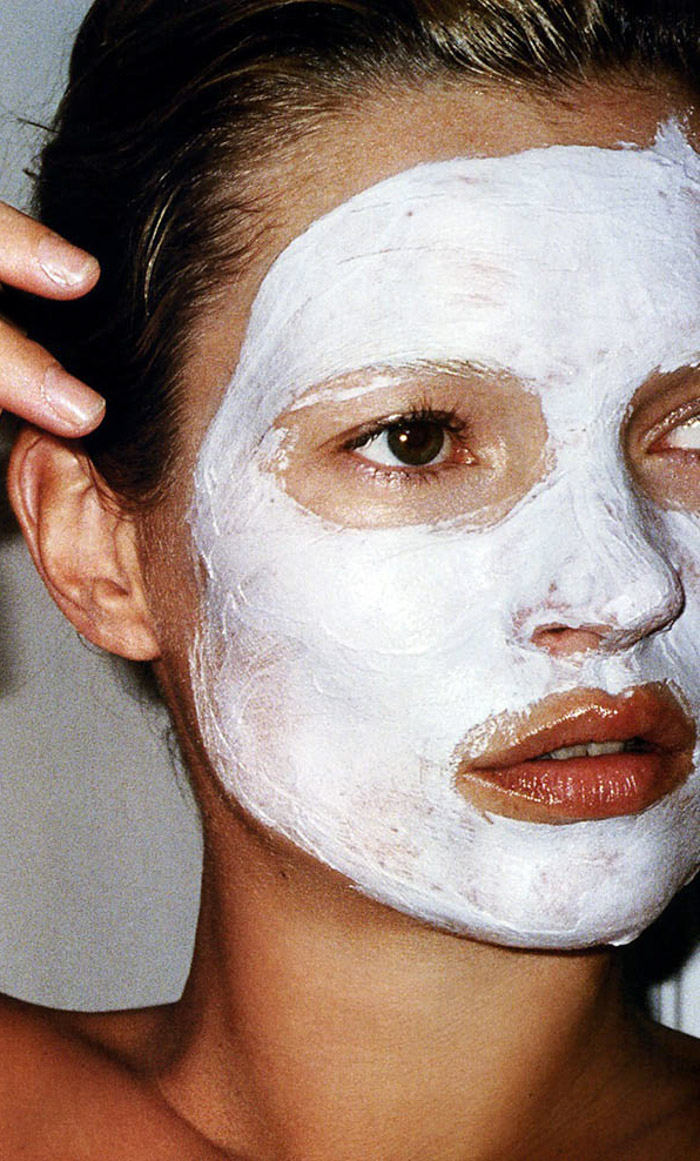


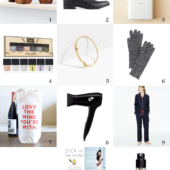
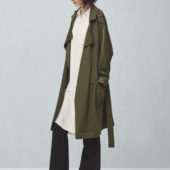




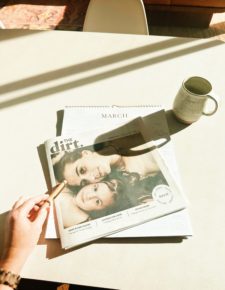
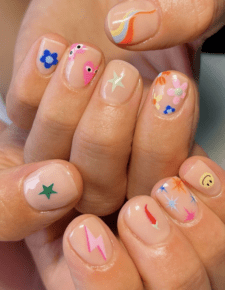







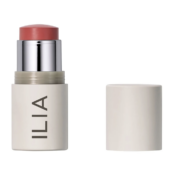
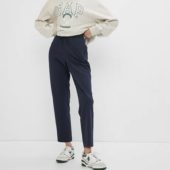

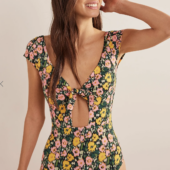








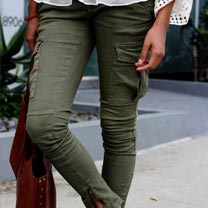





30 Comments